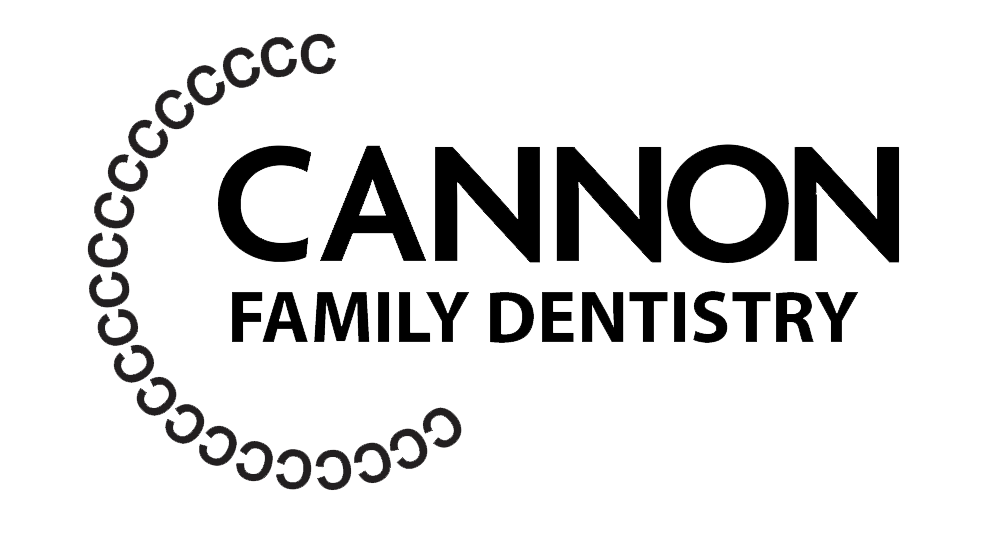
Correct New and Existing Problems
Restorative Dentistry


When oral health is compromised, a variety of treatments are available to help reestablish normal, healthy oral function. The goal is to restore the patient to comfort and a beautiful, natural looking smile.
Composite Fillings
Composite fillings are tooth-colored fillings made of a mixture of plastic resin and finely ground glass particles. We will place composite fillings in layers, using a special light to harden each layer before adding the next. The composite fillings are used to restore decayed or damaged teeth while blending naturally with the surrounding tooth structure.
Bridges
In dentistry, bridges are used to replace one or more missing teeth. They consist of one or more artificial teeth anchored in place by crowns attached to the natural teeth or implants on either side of the gap. Bridges help restore your smile, improve chewing and speaking, maintain the shape of your face, and prevent remaining teeth from shifting out of position. To place a dental bridge, we will first reshape the teeth on either side of the gap to fit crowns. Impressions are taken to create a custom bridge, and a temporary one may be placed. Once the permanent bridge is ready, it's fitted, adjusted, and bonded to the prepared teeth, with any final adjustments made for comfort and function. Typically, dental bonding lasts five to seven years before needing replacement. It’s a minimally invasive option that preserves natural tooth enamel, making the process fully reversible.
Inlays & Onlays
Inlays and onlays are types of dental restorations used to repair teeth that have moderate decay or damage, but not enough to require a full crown.
Restoration of Implants
Restoration of dental implants involves placing a crown, bridge, or denture on a surgically placed titanium post (the implant) that acts as an artificial tooth root.
Partials
Partials can be designed to fit the specific needs of the patient. Partials, or partial dentures, are dental appliances used to replace one or more missing teeth while preserving the remaining natural teeth. They consist of replacement teeth attached to a gum-colored base that is made of acrylic, metal, or a combination of materials.
Crowns
Crowns are often needed when a tooth is significantly damaged, decayed, or weakened. They are custom-made to fit over the entire visible portion of a tooth above the gum line, restoring its shape, size, strength, and appearance.
Cracked Teeth
Dentists use several methods to repair cracked teeth, depending on the severity and type of crack. If you suspect a cracked tooth, it’s essential to make an appointment to see us as soon as possible to prevent further complications and determine the best course of action.
Dry Mouth
Dry mouth or xerostomia, often caused by medication side effects, is common among older adults but can have other causes. Symptoms include dryness, sore throat, thick saliva, bad breath, tooth decay, and difficulty speaking or swallowing. While usually manageable, it can lead to more serious issues since saliva is essential for keeping the mouth lubricated, cleaning teeth, and aiding digestion. To alleviate dry mouth, your primary physician may adjust medications. Other tips include frequent sips of water, sugar-free gum, or candy, and limiting caffeine, alcohol, and carbonated drinks. We’ll conduct a thorough exam to check for underlying issues and recommend oral rinses or artificial saliva products as needed. Good oral hygiene is essential, as reduced saliva can increase the risk of tooth decay.
